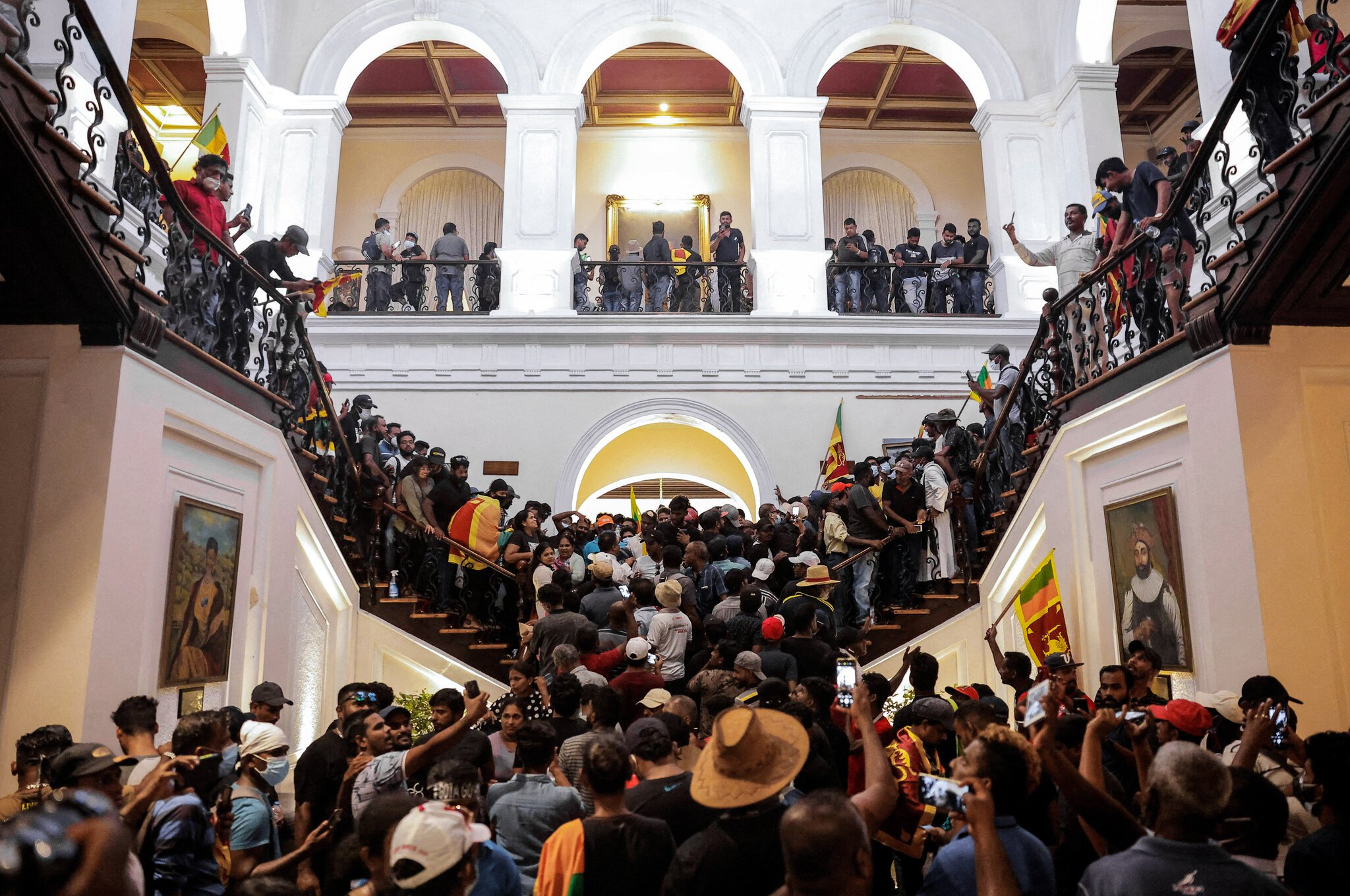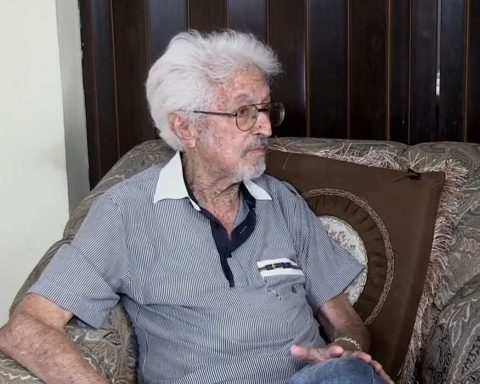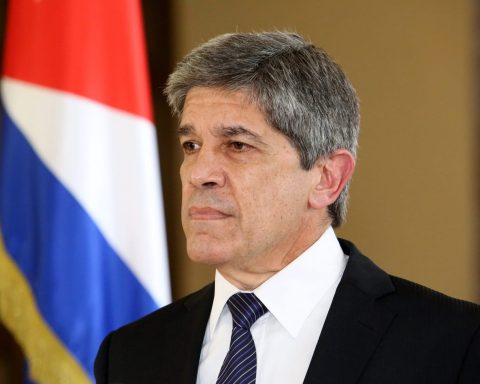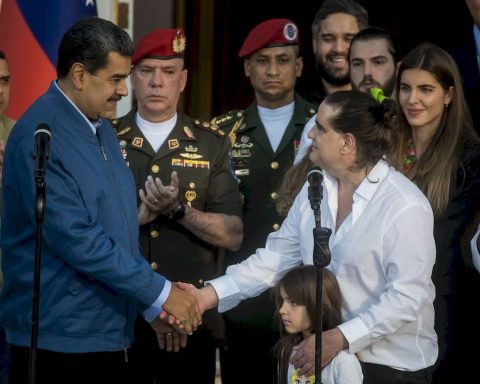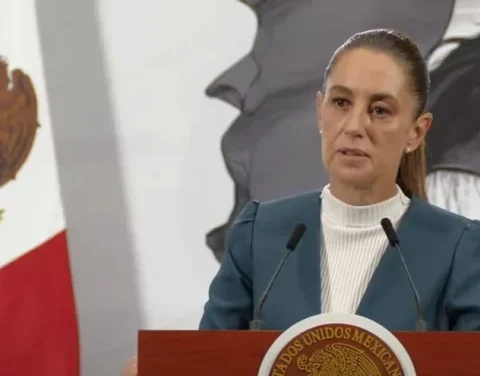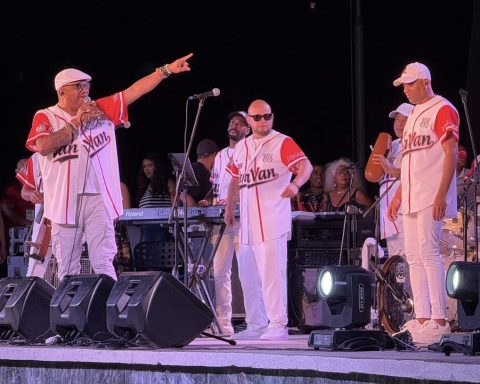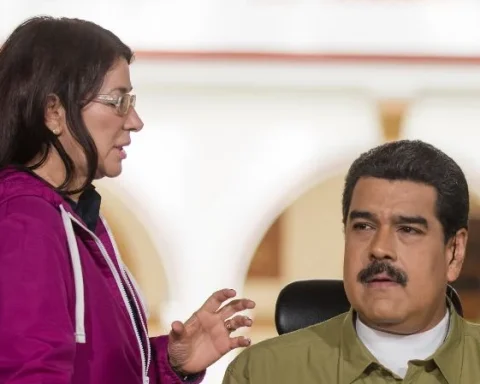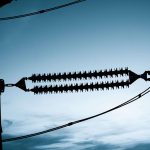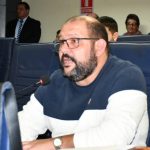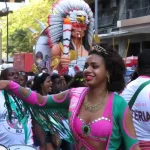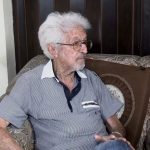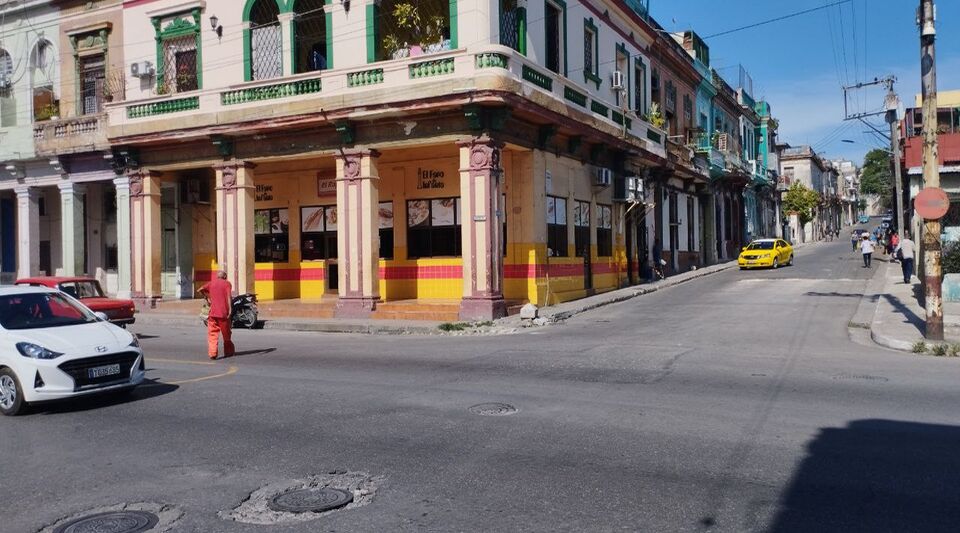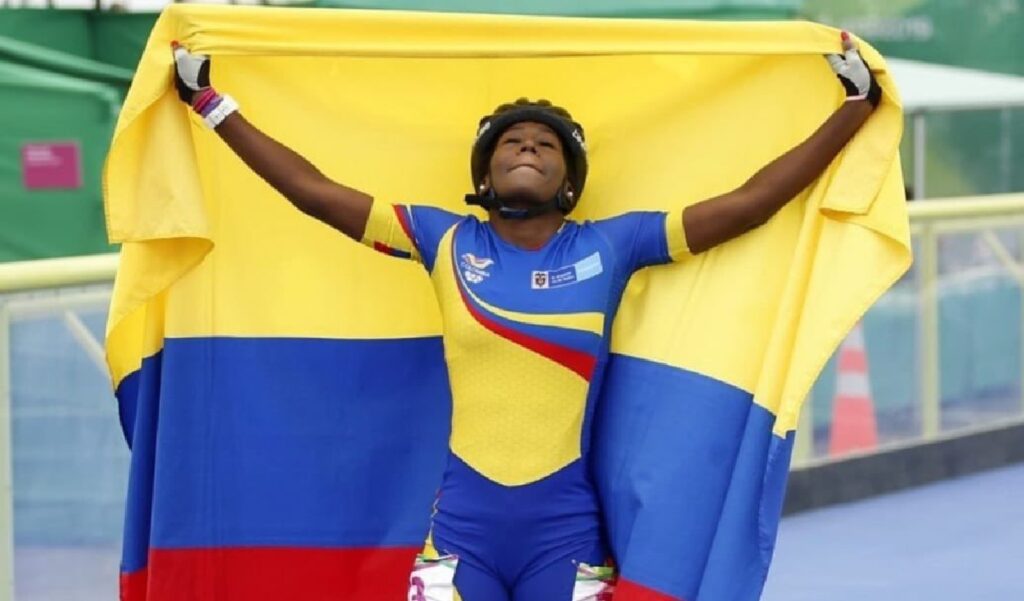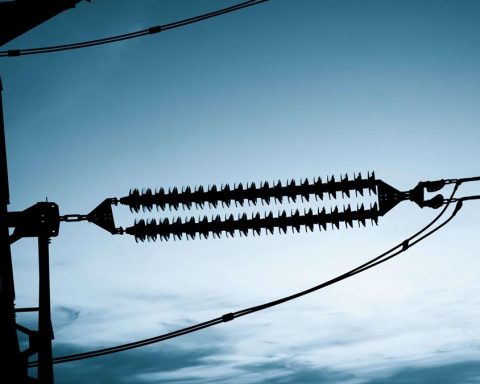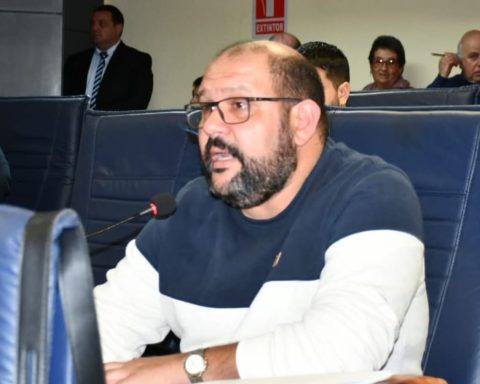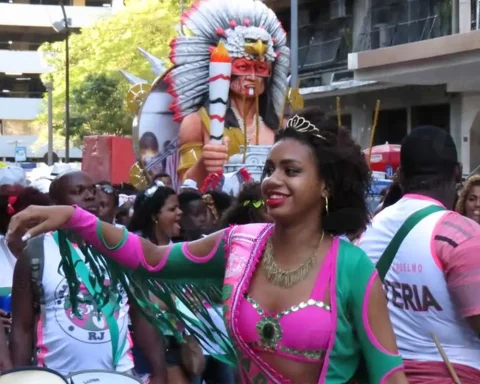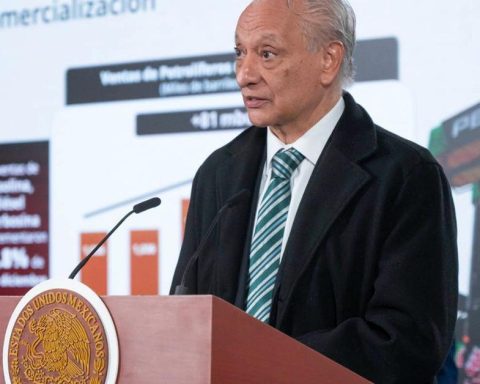After an unusually violent weekend, Colombo, the Sri Lankan capital, appears to be getting back to normal, although the opposition has yet to decide on the replacements for embattled President Gotabaya Rajapaksa and his Prime Minister, Ranil Wickremesinghe, whose residences were invaded and looted by protesters angry at the country’s economic collapse.
On Saturday and Sunday, crowds of protesters invaded Rajapaksa’s home, his seaside office and Wickremesinghe’s official residence, demanding his resignations at the height of a crisis that began three months ago.
The leaders of two opposition parties held talks on Monday, Britain’s Sky News channel revealed, but could not agree on the names of a new president and prime minister.
Corruption and mismanagement have left the island nation famous for its old name of Ceylon and for the production of over a thousand types of tea. Burdened with debt, unable to pay for imported food, fuel, medicine and other necessities, causing scarcity and despair for its 22 million people.
According to the speaker of parliament, Rajapaksa has said he will leave office on Wednesday, but protesters have promised to stay until the resignations are official.
In a video, the first since the weekend protests, Prime Minister Wickremesinghe reiterated that he will stay in charge of the government until a new cabinet is established because he wants to work within the constitution.
“A government has to function according to the law. I am here to protect the Constitution and, through it, to meet the demands of the people,” said Wickremesinghe. “What we need today is an all-party government. We will take steps to establish it.”
In turn, the president has not been seen or heard publicly since Saturday and the local press does not know his location. But his office said Sunday that he ordered the immediate public distribution of a shipment of cooking gas, suggesting he was still on the job and had some authority.
the presidential dynasty
These three months of demonstrations have all but dismantled the Rajapaksa political dynasty, which has ruled Sri Lanka for most of the last two decades.
Wickremesinghe also explained the sequence of events that led to the fire at his private residence on Saturday. He said protesters gathered around his house after a lawmaker inaccurately stated that he had refused to resign at a meeting of parliamentary party leaders.
Police charged with batons and long guns, and fired tear gas, he said. But “the last option was to shoot. We didn’t shoot, but they came and burned the house down.”

A group of nine cabinet ministers said on Monday they would resign immediately to make way for an all-party government, according to outgoing Justice Minister Wijayadasa Rajapakshe.
Wickremesinghe’s office said another group that met with him decided to stay until a new government is formed.
Talks by opposition party leaders to form a national unity government is an urgent requirement for a bankrupt nation to continue talks with the IMF, William George Smith, an analyst of Indian origin, told the AP agency. Georgetown University. MP Udaya Gammanpila said the main opposition United People’s Front and lawmakers who have defected from Rajapaksa’s ruling coalition have agreed to work together. They proposed that the main opposition leader, Sajith Premadasa, and Dullas Alahapperuma, who was a minister under Rajapaksa, take over as president and prime minister, respectively, and were asked to decide how to share the positions before a meeting with the president. of Parliament on Monday. But no agreement was reached.
“We cannot be in an anarchic condition. Somehow we have to reach a consensus today,” said Deputy Gammanpila.
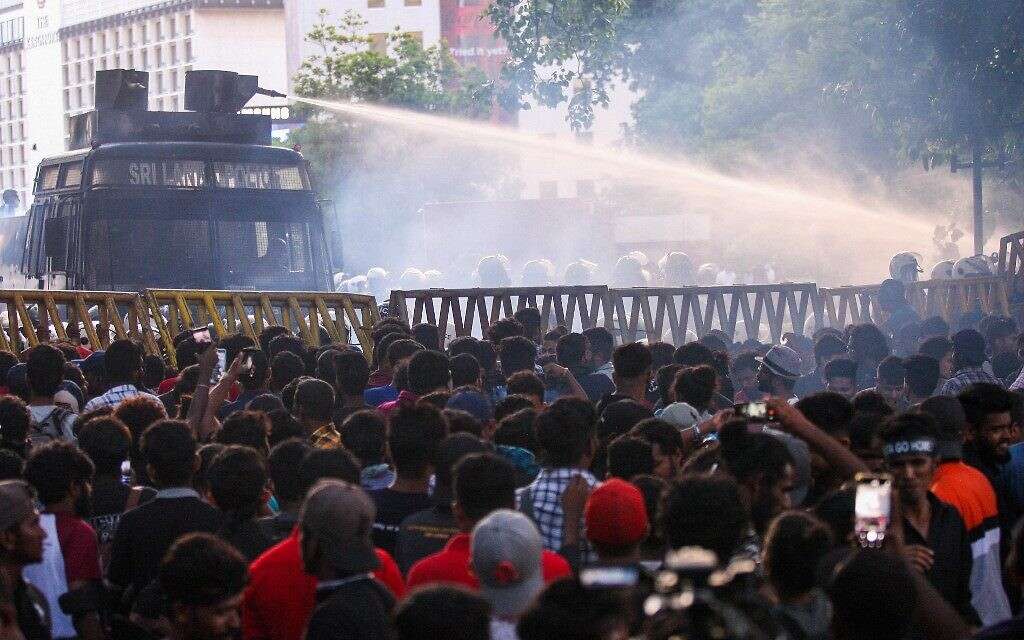
Opposition parties are also concerned about the military. They fear that they will make statements about public security in the absence of a civilian administration.
Over the weekend lawmakers discussed the statement by Defense Chief of Staff Gen. Shavendra Silva urging public cooperation to maintain law and order, said Kavinda Makalanda, a spokesman for the opposition Premadasa. “What is needed is a civilian administration, not a military one, in a democratic country,” he said.
If the opposition parties fail to form a government when Rajapaksa steps down, Wickremesinghe, as prime minister, will become interim president under the constitution. However, according to the demands of the protesters, the opposition parties do not want him even as interim president.
They said Wickremesinghe should resign immediately and allow parliament speaker Mahinda Yapa Abeywardena to be interim president as he is next in line under the constitution. The Sri Lanka Bar Association, the country’s leading bar association, has also endorsed that position.
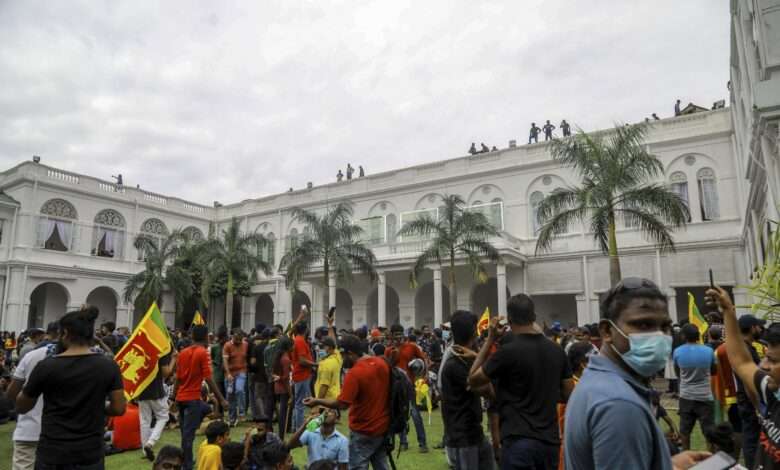
Rajapaksa appointed Wickremesinghe as prime minister in May to try to resolve the shortage and start the economic recovery. But delays in restoring basic supplies have sparked public anger against him, with protesters accusing him of protecting the president.
When Wickremesinghe took office as prime minister to save the economy, he said it would take at least a year to complete the initial steps needed for a full recovery.
Wickremesinghe had been part of crucial talks with the IMF for a rescue program. And with the World Food Program to prepare for an anticipated food crisis. The government must present a plan on debt sustainability to the IMF in August before reaching an agreement.
Sri Lanka depends on help from India and other nations until it can secure a deal in its negotiations with the IMF. Wickremesinghe recently said the talks were complex because Sri Lanka is now virtually bankrupt. He announced in April that he was suspending payments on foreign loans due to a shortage of foreign exchange. His total foreign debt amounts to $51 billion, of which he must pay $28 billion by the end of 2027, according to the magazine’s Intelligence Unit. The Economist.
The assault
Describing the fire at his residence on Saturday, Wickremesinghe said he lost what he called “my greatest treasure”: his library of 2,500 books, including those written during the Portuguese and Dutch colonial period of the 16th and 19th centuries. He said there were old books on Buddhism, those signed by leaders such as former US Secretary of State Henry Kissinger, historical paintings and Buddhist artifacts, which he had planned to donate to his former school and university after the death of him.
He said he also lost his entire collection of paintings except for one. He did not clarify which, nor the author.
